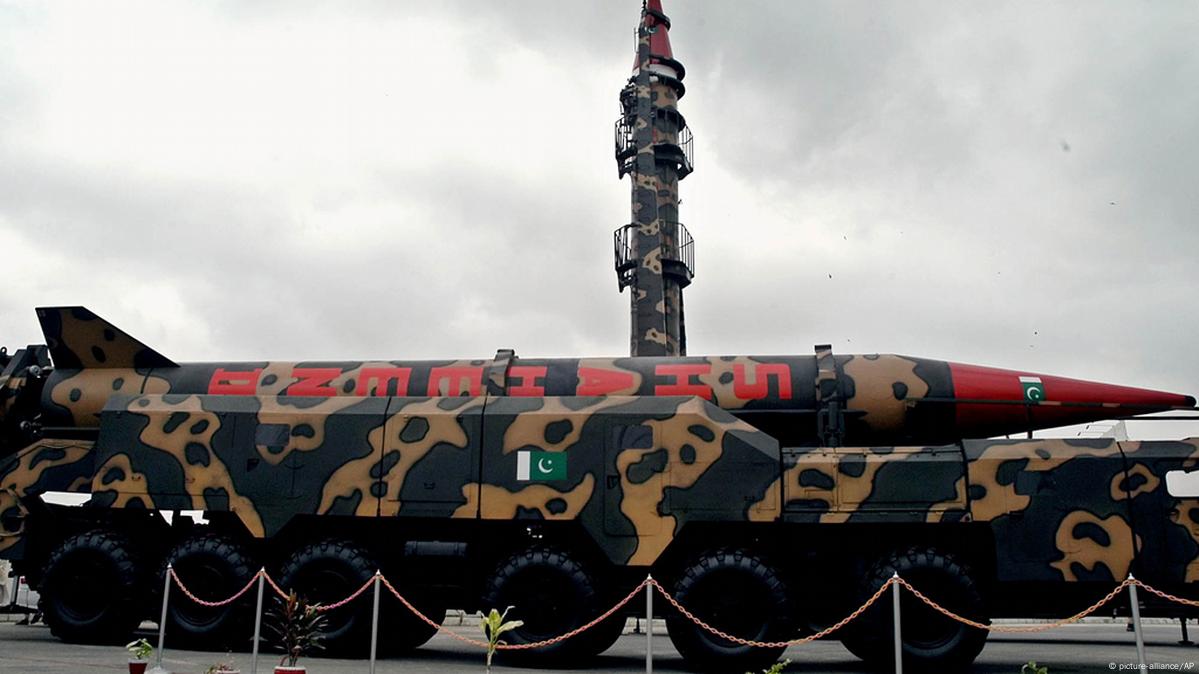
The relationship between the United States and Pakistan has been complex, particularly due to concerns surrounding Pakistan’s nuclear program. Recently, tensions have intensified after the US imposed sanctions on Chinese companies allegedly involved in Pakistan’s missile development. Despite these sanctions, Pakistan views its nuclear program as essential for national security and maintaining regional stability.
Overview of Sanctions
The US State Department announced sanctions against certain Chinese firms accused of supplying equipment for Pakistan’s missile systems, particularly the Ababeel and Shaheen-3. State Department spokesperson Mathew Miller labeled these actions as “proliferation” and emphasized that such activities would be met with firm consequences. In response, Pakistan’s foreign office has requested factual evidence to support these claims. Notably, this marks the sixth time the US has imposed sanctions on Pakistani and Chinese entities since 2021.
Historical Context of Pakistan’s Nuclear Program
The roots of Pakistan’s nuclear ambitions can be traced back to the leadership of former Prime Minister Zulfiqar Ali Bhutto. The separation of East Pakistan in 1971 and the subsequent threat posed by India prompted Bhutto to initiate a nuclear weapons program. The urgency increased in 1974 when India conducted its first nuclear test. While the nuclear program faced challenges, including sanctions from the US and the withdrawal of support from France, it ultimately led to Pakistan developing its first nuclear device.
In May 1998, Pakistan conducted five nuclear tests, asserting its position as a nuclear power shortly after India’s tests. This move surprised the international community and marked a significant milestone in Pakistan’s nuclear development.
The Necessity of the Nuclear Program
Pakistan’s geographical positioning between India and Afghanistan makes its nuclear program a matter of survival. The country perceives its nuclear capability as a deterrent against potential threats, particularly from India. Nuclear weapons have become integral to Pakistan’s foreign policy and national security strategy.
Pakistan advocates for “minimum credible deterrence,” emphasizing the need to maintain a nuclear arsenal to counterbalance regional threats. The government prioritizes its nuclear capabilities despite international criticism, viewing them as essential for national security.
Pakistan’s Role in the Muslim World
As the only Muslim nation with nuclear capabilities, Pakistan sees itself as a pivotal player in the Muslim world. Ongoing conflicts, such as the Israel-Palestine situation and tensions in Syria, compel Pakistan to enhance its nuclear capabilities. This context influences its reluctance to abandon its nuclear ambitions despite external pressures.
Recent Sanctions: A Reflection of US-China Rivalry
The recent sanctions imposed by the US are perceived by some analysts as more about the US-China geopolitical rivalry than a direct attempt to address Pakistan’s nuclear ambitions. By targeting entities linked to Pakistan, the US aims to curtail China’s influence in the region. This approach aligns with the US strategy to maintain its hegemony in South Asia amid rising Chinese power.
Implications for Pakistan
The US views Pakistan’s nuclear developments as a potential threat, particularly to its ally Israel. The continuous testing and enhancement of missile technology in Pakistan prompt the US to impose sanctions as a means of reinforcing its geopolitical interests.
Future Prospects for Pakistan
In light of the shifting geopolitical landscape, Pakistan has been adjusting its foreign policy focus from strategic military alliances to economic partnerships. Building diplomatic relations beyond the US could enhance Pakistan’s confidence in continuing its nuclear program.
To navigate the current environment, Pakistan needs a stable civilian government capable of maintaining positive civil-military relations. This stability is crucial for economic development and attracting foreign investment, which are vital for the nation’s growth and security.
Conclusion
Pakistan’s nuclear program remains a cornerstone of its national strategy, shaped by historical context and geopolitical dynamics. While international sanctions pose challenges, addressing internal issues and fostering stable governance are crucial for Pakistan’s future. Balancing its nuclear aspirations with economic and political stability will be key in navigating the complex international landscape.


